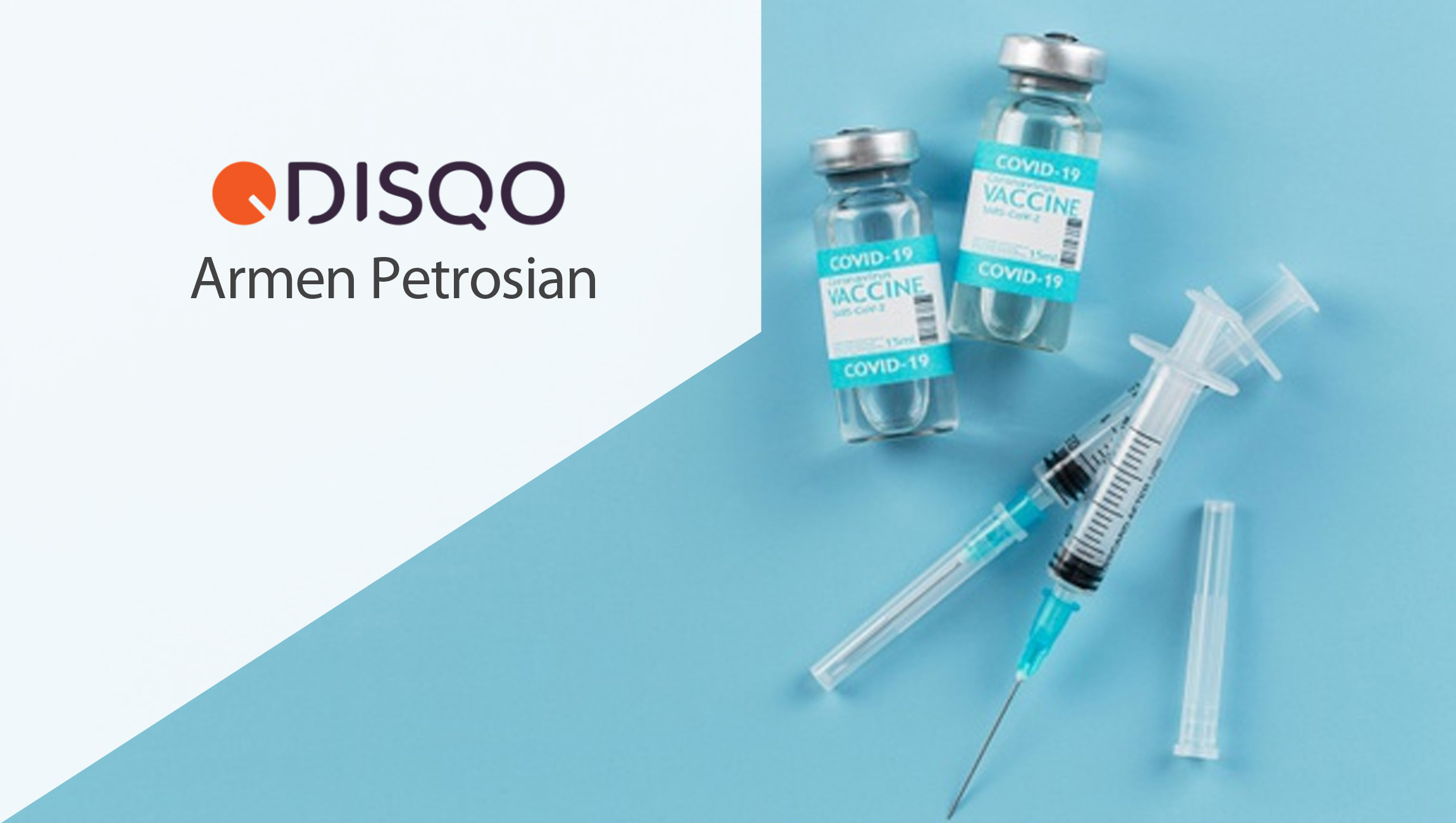In a way, it is a “happy problem” — COVID-19 vaccine supply may be greater than demand. On the other hand, it’s a shame. Vaccine administration has declined by approximately 38% since its peak in April, reports The New York Times. Our greatest public health challenge is not vaccine distribution, but rather, coaxing Americans to “get the jab.”
As of early May, 57% of Americans had received at least one COVID-19 shot. President Biden’s goal is to reach 70% — what some experts believe to be the magic number for achieving herd immunity — by July 4. But it could prove challenging. Research from Kaiser Family Foundation suggests that we may be reaching the “enthusiasm limit,” a tipping point that occurs when those committed to vaccination have already gotten their shot, and the remaining population is on the fence or actively opposed.
Marketing Technology News: Avatier Unveils 2021 Spring Release Identity Anywhere Suite
Here’s where marketers come in. In early March, when approximately 14% of Americans had been vaccinated, DISQO conducted a survey and analyzed online browsing behavior (with panel member permission) to understand people’s beliefs about the vaccine. The study found that 23% of unvaccinated people were “unsure” if they would get it, while 22% had decided not to. Understanding the “unsures” could be key to pushing past the “enthusiasm limit.” The research could help those tasked with designing outreach programs, and suggests a unique opportunity for big-name pharmacies to nudge “unsure” Americans toward vaccination.
Understanding the “unsures”
Before we can persuade the “unsures,” we need to know who they are. DISQO’s “Moving the Needle, Persuading the Vaccine Unsure” study is based on aggregated survey responses from 22,000 respondents along with behavioral data from more than 30,000 people who opted in to share their online browsing behavior. The results suggest that ethnicity, household income and age affect the likelihood that someone will be “unsure.” African Americans were 37% more likely to be unsure than the unvaccinated population as a whole, and Hispanic identifying people were 21% more likely. But, according to multiple studies, Black, Hispanic and Latino patients are disproportionately represented among COVID-19 cases and statistically more likely to be hospitalized than Non-Hispanic White patients. To address this disparity, we need to design effective programs for connecting with these populations.
The study also found that people with annual household incomes of less than $50,000 were 10% more likely to be unsure, and 20% more likely to say they would not get the COVID-19 vaccine. People 18-24 years-old were 15% more likely to be unsure, while those 24-34 were 12% more likely to be unsure — perhaps because they perceive the virus as less of a risk to their health.
DISQO also studied trends in “unsure” people’s feelings about different information sources. The most popular information source for those committed to getting the vaccine and those who felt unsure was the same: their doctors. But the “committed” segment was more likely to turn to local, state and national officials and health agencies, news organizations and their pharmacies for information than the “unsures,” who were more likely to turn to friends, family and colleagues. Social media is another important channel for the “unsures,” particularly for younger generations. Those 18-24 were 2.4 times more likely to rely on social media as an information source than the general public, and those 25-34 were 1.5 times more likely.
An opportunity to be more than a store
An actionable insight is that Americans are turning to pharmacies for information. Those interested in getting a vaccine were more likely to rely on “my pharmacy” as a source of vaccine information (21%) than those who reported being “unsure” (11%), but the data suggests pharmacy brands have an opportunity to move the needle with this subset. When looking across a broad array of keyword searches related to those seeking vaccine information, such as “vaccine available” and “vaccine near me,” the majority of online users subsequently visited the websites for Rite Aid, Walmart, Walgreens or CVS.
Americans 18-24 years-old are 70% more likely to use pharmacies as a vaccine information source compared to the overall unvaccinated marketplace. “Unsure” African Americans were 67% more likely to view their pharmacy as a source for COVID-19 vaccine information than the total unvaccinated population, while Hispanics were 10% more likely. Another promising finding is that “unsures” were 28% more likely to have received flu shots in the past than those who said they would not get the vaccine, suggesting this group could be persuaded with the right information and resources. Also of note, 63% of “vaccine unsures” are concerned or extremely concerned about the health impacts of COVID-19.
Armed with this information, pharmacies should be able to connect with “unsure” Americans, for example, by launching social media campaigns that target younger generations with messaging addressing COVID-19 health concerns. Pharmacies have done a good job of establishing themselves as go-to destinations for flu shots. In fact, 83% of Hispanic people and 76% of African Americans say they feel comfortable or neutral about getting a vaccine in a grocery store or pharmacy. It makes sense that they could emerge as a leading resource for COVID-19 vaccinations for all populations — including these harder-to-reach segments, especially as mass vaccination sites at stadiums and community centers wind down.
Marketing Technology News: MarTech Interview with Ben Brenner, VP of Business Development and Strategy at Digital Remedy
By making a concerted effort to connect with people who are unsure about the vaccine, pharmacies will not only help America reach “the magic number” — but they will also build their brands, drive retail foot traffic and establish their pharmacies as more than a store… They will become trusted health resources.












Comments are closed.